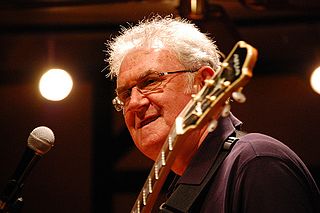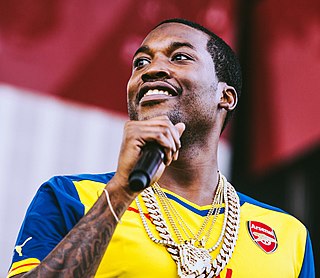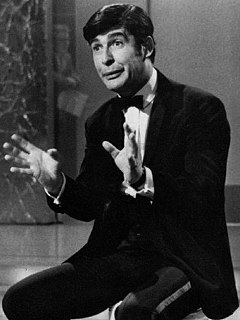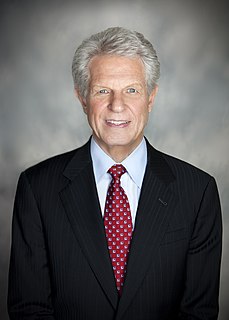A Quote by Jim Mullen
In daily practice, the word brand stands as a surrogate for the word reputation. In fact, your brand acts just like a person. When you know a person's reputation, you can predict his or her behavior. You know what that person is likely to do or say-or not do or say-in any given situation. Your brand works the same way.
Related Quotes
When you build your own brand, people will still return your phone calls regardless of the call letters or where you actually work, because they now know you and they trust you in what you have to say and what you're doing. That, to me, is the most important aspect when it comes to building your brand.

































